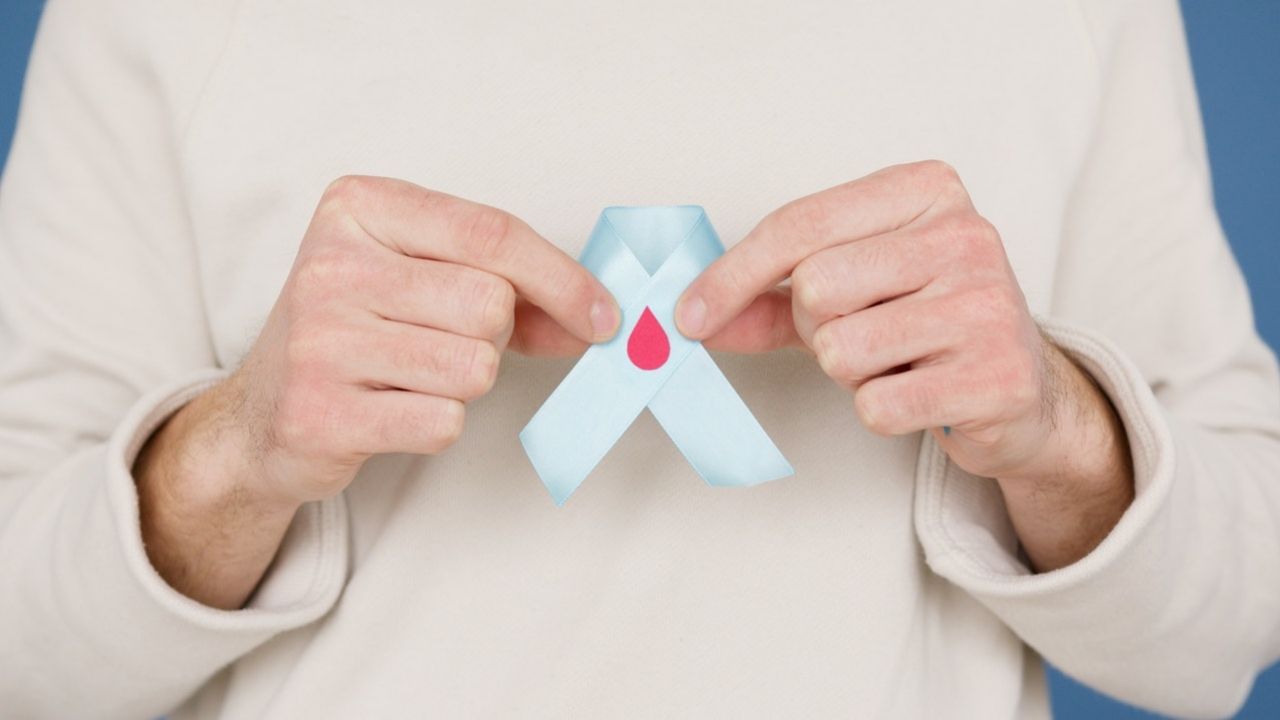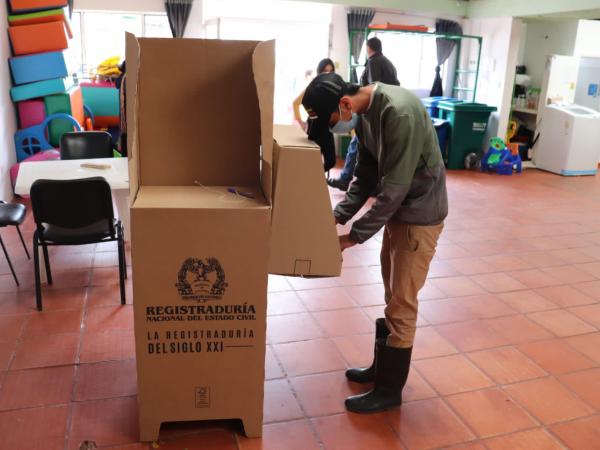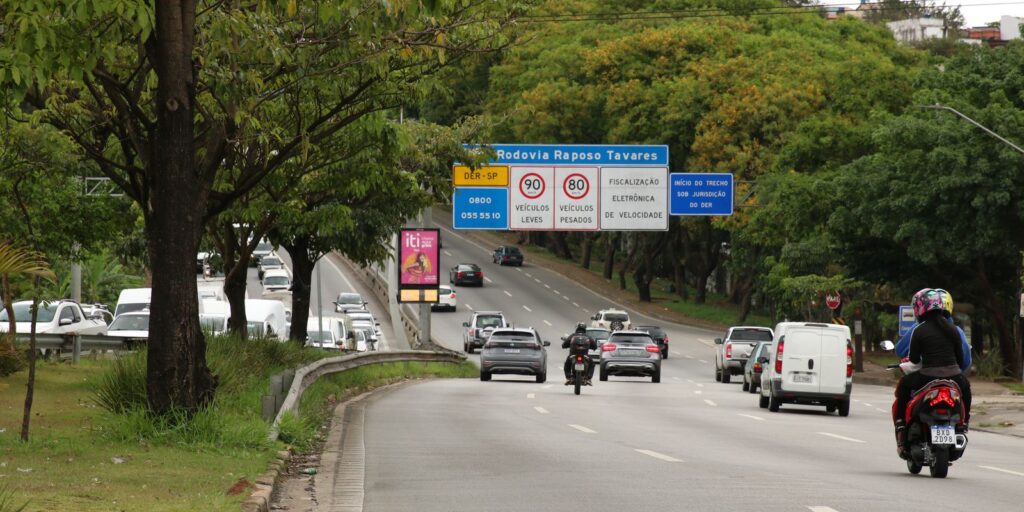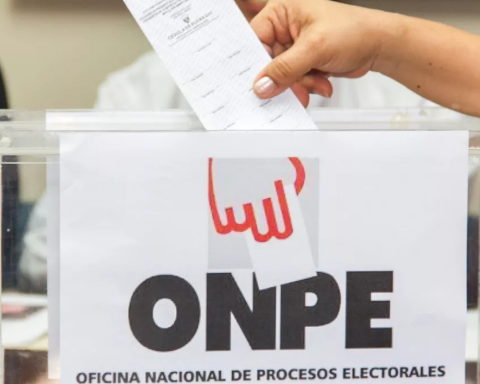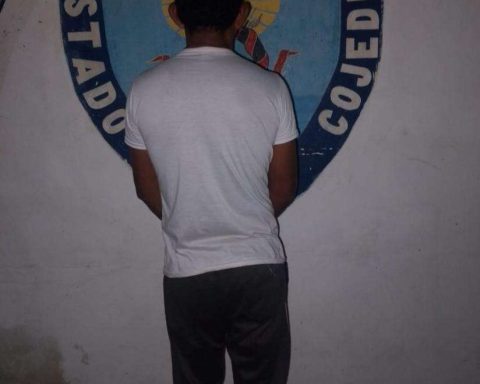“You have to think that blood transfusions help patients at risk of life, ranging from newborns, premature babies and older adults. On the other hand, women with obstetric complications, patients with complex surgical interventions, with chronic diseases or who suffer some type of cancer. Patients and their treatments do not take vacations.” says Dr. Loreto Vergara, director of the Metropolitan Blood Center.
The call alludes to the need, but also to solidarity and empathy, to the factor of helping others repeatedly, thinking that it can be donated again in a space of 4 months for women and 3 months for men. . “The idea is to create a culture of donation, being able to go to the donation center from time to time to continue saving lives every day. In addition, the donation plasma is replaced in 24 hours, and the red blood cells start immediately to renew itself, therefore, it is a process that does not complicate your body at all” comments the specialist.
Currently, there are several service points in the public health network and you can find the locations and hours of each of them on the web: https://donasangre.minsal.cl/casas-del-donante-y-sitios-fijos-de-atencion/ or you can schedule your time by calling 2 2568 1560
It must be clear that the blood donation process begins with the registration of the donor’s data, then a professional interview must be carried out to evaluate the state of health, in addition to some background information on his personal life, for the donor’s safety. and of the patients.
After the personal interview with a professional, a control of vital signs, hemoglobin and blood pressure control is carried out. The extraction itself can last between 5 and 11 minutes depending on the donor’s blood flow, to which is added a post-donation observation period of around 10 minutes where we give the donor a snack and liquids to drink, in order to prevent adverse reactions to donation (post donation stage).
